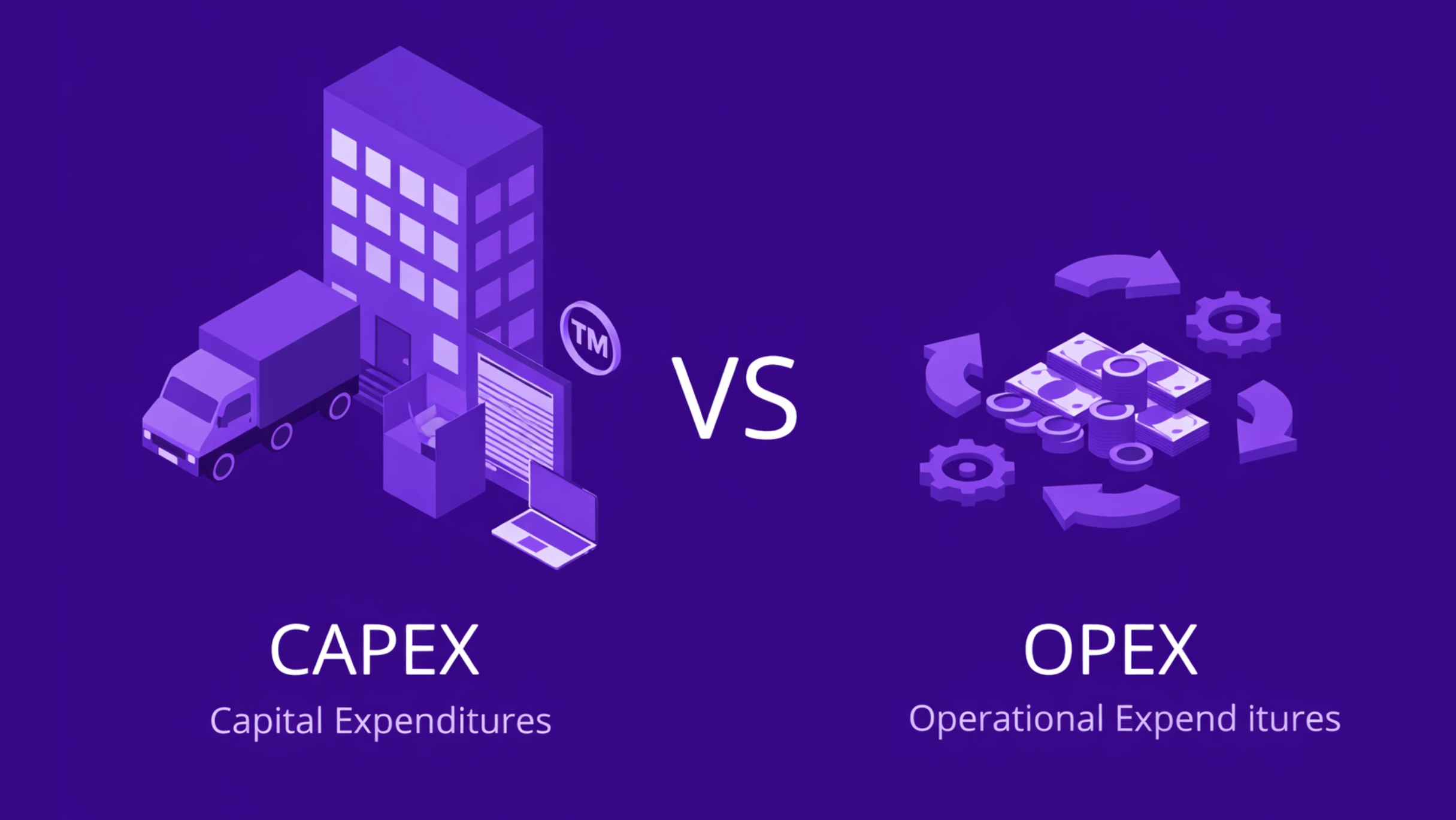Key Takeaways
- Cryptographic signatures are mathematical proofs linking identities to messages, enabling transaction authentication without revealing private keys or central authorities.
- Digital signatures use asymmetric (public key) cryptography, where the private key creates signatures and the public key verifies them, creating mathematically unforgeable proof.
- The signature process involves hashing transaction data, combining it with the private key, and creating a unique digital fingerprint tied to that specific transaction.
- Bitcoin and Ethereum use ECDSA (Elliptic Curve Digital Signature Algorithm) for signatures, with newer systems adopting EdDSA and Schnorr signatures for improved efficiency.
- Digital signatures provide authenticity (proving sender identity), integrity (detecting tampering), and non-repudiation (the sender cannot deny authorizing transactions).
- Cryptographic signatures enable decentralization by allowing any network participant to verify transactions independently without trusting centralized intermediaries.
Blockchain technology depends entirely on cryptographic signatures to verify transaction authenticity and prove ownership without revealing private keys. Cryptographic signatures serve as unforgeable mathematical proofs that transactions originated from legitimate owners and remain unaltered during transmission across decentralized networks. Every Bitcoin transaction, every Ethereum smart contract execution, and virtually every blockchain interaction depends on digital signatures for security and authentication.
Cryptographic signatures are the security technology protecting blockchain transactions worldwide. Every day, approximately 200,00 to 400,000 Bitcoin transactions are secured by digital signatures, along with 1.2 million Ethereum transactions. In 2024, blockchain networks process over 18 billion signed transactions annually, protecting approximately 2.2 trillion dollars in digital assets. This massive scale depends entirely on cryptographic signatures, making them the most critical security mechanism in decentralized finance.
Cryptographic signatures solve a fundamental problem that traditional banking cannot solve in decentralized systems: how can participants trust transactions without a central authority? The answer is mathematical proof. When you send cryptocurrency, your wallet creates a unique digital signature proving you authorized the transaction without revealing your secret key. Network participants verify this signature using mathematics, not trust. This mathematical certainty is why blockchain remains secure even without banks.
What is a Cryptographic Signature?
Definition
A cryptographic signature is a mathematical algorithm that produces a unique digital code proving a message or transaction originated from a specific private key and has not been altered. The signature proves the signer’s identity and authorizes the transaction, yet anyone can verify it using the corresponding public key without requiring the private key, making blockchain transactions trustworthy without central authorities.
Understanding Cryptographic Signatures Through Simple Analogies
Handwritten Signature Analogy: When you sign a check at a bank, your handwritten signature proves you authorized that payment. But anyone can forge a handwritten signature. A cryptographic signature works the same way, except it’s mathematically impossible to forge. Even if someone has your signature from a thousand transactions, they cannot create a new signature.
Locked Box Analogy: Imagine you have a special locked box that only you can lock (your private key). Everyone has the matching key to your box (your public key). You lock your transaction in the box (create a signature). Anyone can use their key to see if the box is locked and sealed (verify the signature). They know only you could have locked it because you’re the only one with the locking key.
Fingerprint Analogy: Your fingerprint is unique to you and cannot be changed. Cryptographic signatures work similarly. Each transaction you sign produces a unique signature tied only to you and that specific transaction. If the transaction changes even by one character, the signature becomes invalid.
Key Components of Digital Signatures
Digital signatures have five essential parts working together. To understand how signatures work, you need to know what each component does and how they connect. The table below shows each component, its purpose, and how it’s used in blockchain transactions.
| Component | What It Does | How It’s Used |
|---|---|---|
| Private Key | Your secret 256-bit number | Creates signatures proving ownership |
| Public Key | Derived from a private key, shared openly | Verifies signatures without revealing the private key |
| Message Hash | SHA-256 digest of transaction data | Creates a fingerprint of transaction details |
| Signature Components (r, s) | Two numbers from the signature algorithm | Prove the private key was used without revealing it |
| Algorithm (ECDSA, EdDSA) | Mathematical process creating signatures | Combines key and hash into an unforgeable signature |
How Digital Signatures Work?
Creating and verifying digital signatures happens in three simple steps. Let’s break down what happens when you send Bitcoin, explained in terms anyone can understand.
Step 1: You Create the Signature
When you send Bitcoin, your wallet takes your transaction details (who you’re sending to, how much, and the transaction fee) and creates a unique fingerprint called a hash. Your wallet then combines this fingerprint with your private key using a mathematical formula (ECDSA). The result is your signature. This signature is unique to this transaction. If you send the same amount to the same person tomorrow, you’ll get a completely different signature because the date and time are different.
Step 2: The Signature Gets Sent
Your signature gets attached to your transaction and broadcast to the Bitcoin network. The network receives both your transaction details and your signature together. At this point, your private key is not sent, not shared, not revealed in any way. Only your signature is public.
Step 3: Network Nodes Verify It
Every computer in the Bitcoin network receives your transaction and signature. They use your public key (which is openly available) to check if your signature is valid. The verification is simple mathematics: Does this signature match this transaction using this public key? If yes, the transaction is legitimate. If no, it’s rejected. This verification takes just milliseconds and requires no knowledge of your private key.
Why Are Cryptographic Signatures Best for Blockchain?
Digital signatures provide blockchain networks with security, efficiency, and trust. But what makes them essential? Let’s explore the key benefits by answering questions you might have about why blockchain systems use signatures.
How Do Signatures Prevent Fraud and Impersonation?
Signatures provide authenticity. Only you can create valid signatures using your private key. If someone else tries to send your Bitcoin, they cannot create a valid signature without your private key. Even if an attacker somehow gets your Bitcoin address, they cannot access your funds. The network will reject any transaction they try to send because the signature won’t match your private key. This makes cryptocurrency theft virtually impossible unless someone steals your private key directly.
How Do Signatures Detect If a Transaction Was Changed?
Signatures provide integrity checking. A cryptographic signature is mathematically locked to the specific transaction data. If even one character changes in the transaction (the amount, recipient, or fees), the signature becomes invalid. The network immediately rejects transactions with invalid signatures. This prevents attackers from intercepting your transaction and changing the recipient address to steal your funds.
How Do Signatures Prevent Double-Spending?
Signatures prevent double-spending by tying each transaction to a specific moment in time. You cannot use the same transaction twice because signatures are unique to each transaction. If you try to send the same Bitcoin to two different people, you create two different transactions with two different signatures. The network accepts the first one and rejects the second because you’ve already spent that Bitcoin. This is how blockchain prevents the digital equivalent of using the same dollar bill twice.
How Do Signatures Create Non-Repudiation?
Signatures create non-repudiation, meaning you cannot deny authorizing a transaction. The valid signature mathematically proves you possessed the private key and authorized the transaction. This creates permanent accountability. In legal disputes, the signature serves as undeniable proof that you made the transaction. This is why blockchain has applications beyond cryptocurrency, including legal contracts and official records.
How Do Signatures Enable Decentralization?
Signatures enable decentralization because any computer can verify them independently. You don’t need a bank or company to verify your Bitcoin transaction. Any node in the network can verify your signature using mathematics. This eliminates the need for centralized authorities, making blockchain truly decentralized. Everyone becomes their own bank because signatures provide mathematical certainty rather than institutional trust.
Real Industry Use Cases: Who is Using Cryptographic Signatures?
1. Bitcoin Network (400,000 Transactions Daily)
Bitcoin processes approximately 400,000 transactions every single day, each one secured by cryptographic signatures. Every time someone sends Bitcoin, their wallet creates a digital signature proving ownership. The network verifies each signature before confirming the transaction. Over 15 years of operation, Bitcoin has processed billions of signed transactions without a single signature-related security breach. This demonstrates that cryptographic signatures work reliably at a massive scale.
2. Ethereum Ecosystem (Smart Contract Execution)
Ethereum processes over 1.2 million transactions daily, with most involving smart contract interactions. Every smart contract execution requires signature verification to ensure only authorized parties execute the contract. DeFi platforms like Uniswap, Aave, and Curve use signatures to verify that users approved transactions. Without digital signatures, users couldn’t securely authorize smart contracts, making DeFi impossible.
3. Supply Chain Authentication (Walmart, DHL, IBM)
Walmart uses IBM Food Trust, a blockchain-based system signing and verifies supply chain records. When a product is shipped, the shipment record is digitally signed, creating a tamper-proof record. When contamination is detected, cryptographic signatures allow Walmart to trace which products are affected in 2 seconds rather than 7 days. DHL signs shipment records, creating fraud-proof records for 500,000+ companies using their platform.
4. Healthcare Records (BurstIQ, Medicalchain)
Healthcare providers use cryptographic signatures to sign and verify patient records. BurstIQ’s LifeGraph platform signs medical data, ensuring only authorized physicians can access patient records while maintaining HIPAA compliance. When a patient grants access to their medical records, the access is digitally signed, creating an audit trail proving who accessed what information and when.
5. Government Services (Dubai, Singapore, Estonia)
Dubai has integrated blockchain digital signatures into government services. Birth certificates, licenses, and land registries are signed and stored on the blockchain. This eliminates paper documents and prevents fraud. Estonia has digitized government services using digital signatures, allowing citizens to sign official documents from home while maintaining legal validity.
6. Legal Document Signing (DocuSign, NotarizeMe)
Legal platforms use cryptographic signatures to sign contracts electronically. DocuSign processes over 1 billion transactions monthly, with most requiring digital signatures. Cryptographic signatures provide legally binding proof that parties authorized contracts, creating permanent audit trails admissible in court.
7. Pharmaceutical Supply Chain (MediLedger)
MediLedger signs pharmaceutical shipments, preventing counterfeit drugs from reaching patients. Approximately 10% of medicines are counterfeit, causing 1 million deaths annually. MediLedger’s signatures verify drug authenticity across the supply chain, ensuring only genuine medications reach patients.
8. Energy Trading (Powerledger)
Powerledger signs peer-to-peer energy transactions between homes with solar panels and neighbors. Digital signatures verify each transaction, ensuring fair trading. This enables renewable energy trading without centralized utilities managing the transactions.
Secure Your Blockchain Implementation with Expert Cryptography Solutions
Whether implementing blockchain security, cryptographic authentication, or transaction verification, our blockchain development team provides expert solutions leveraging digital signatures and advanced cryptographic practices for enterprise-grade security.
Final Take
Cryptographic signatures are the mathematical foundation enabling blockchain to function without banks, governments, or trusted intermediaries. Every day, 18 billion signed transactions secure 2.2 trillion dollars in blockchain assets. From Bitcoin’s first transaction in 2009 to modern supply chain authentication, digital signatures have proven to be mathematically sound, computationally efficient, and reliable.
The elegance of cryptographic signatures lies in their simplicity. Using public key cryptography, a signature proves you authorized a transaction without revealing your secret. Any network participant can independently verify the signature using mathematics rather than trusting a company or institution. This mathematical certainty is why blockchain represents a fundamental shift in how we handle trust, contracts, and ownership in the digital age.
As blockchain adoption accelerates and new applications emerge, cryptographic signatures will continue serving as the security foundation enabling trustless systems. Organizations implementing blockchain solutions must understand how signatures work to make informed decisions about security and compliance. Professional blockchain development services ensure proper signature implementation, protecting digital assets and building trustworthy systems for the future.
Frequently Asked Questions
Cryptographic signatures and digital signatures refer to the same technology. Cryptographic signatures are digital signatures that use cryptography. The terms are used interchangeably in blockchain and security contexts.
No. Properly implemented digital signatures cannot be forged. Forging a signature would require knowing the private key, which is cryptographically infeasible with current technology. The mathematical hardness of elliptic curve discrete logarithm problems makes forgery computationally impossible.
Signatures are cryptographically tied to specific transaction data. Reusing a signature in a different transaction produces mismatched data. Verification fails because the signature and new transaction do not match mathematically. Networks reject signatures that do not verify correctly.
Digital signatures prove ownership by demonstrating knowledge of the private key. Only the private key holder can create valid signatures for their public key. Verifying a signature proves the signer possessed the private key, establishing ownership without revealing the key.
Current quantum computers cannot break digital signatures. However, theoretical quantum computers with millions of qubits could potentially break elliptic curve cryptography using Shor’s algorithm. The industry is developing quantum-resistant signature schemes as a precaution.
Reviewed & Edited By

Aman Vaths
Founder of Nadcab Labs
Aman Vaths is the Founder & CTO of Nadcab Labs, a global digital engineering company delivering enterprise-grade solutions across AI, Web3, Blockchain, Big Data, Cloud, Cybersecurity, and Modern Application Development. With deep technical leadership and product innovation experience, Aman has positioned Nadcab Labs as one of the most advanced engineering companies driving the next era of intelligent, secure, and scalable software systems. Under his leadership, Nadcab Labs has built 2,000+ global projects across sectors including fintech, banking, healthcare, real estate, logistics, gaming, manufacturing, and next-generation DePIN networks. Aman’s strength lies in architecting high-performance systems, end-to-end platform engineering, and designing enterprise solutions that operate at global scale.







